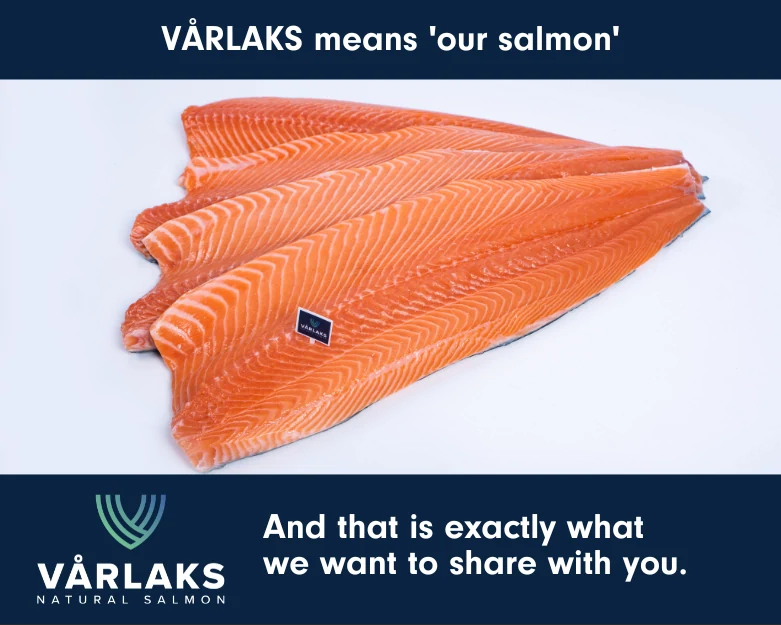The Norwegian Fisheries Directorate wasn’t quite prepared for 104 applications for development licenses of a type Scottish salmon-farmers have requested from the Scottish Government
“All we can do is sit and wait for review time to run out,” said Leif Rune Pedersen in Erko Seafood.
“The project sure isn’t underway. That’s the problem — that it takes such a long time makes it very difficult for those who have applied,” he said.

Erko has sought a development license for the concept, North Sea Fishfarm, based on marine (and offshore) salmon-farming. The company’s application went in on May 18th, 2017, and has sat at No. 18 in the queue ever since.
In all, 63 applications were been sent in by the November deadline in 2017. Eight have been reviewed. Thirty-five have been fully processed.
Bureaucratic squeeze
“We have people and resources under a certain budget. We’re working diligently. That’s just how it is,” said the Fisheries Directorate’s aquaculture director, Oyvind Lie.
Has the scale of the development license offering been underestimated?
“Definitely, not everyone had expected that 104 applications would come in,” Lie said.
Osland Havbruk general manager, Erik Osland, says the Fisheries Ministry should bring in more resources to handle the development licenses round introduced in November 2015. He’s concerned the applications might affect other issues the Fisheries Directorate needs to tackle.
“Obviously, we want faster processing, but it’s very difficult since the Directorate hasn’t set aside more resources for all this. To make things go faster, they should, but also not allow the lowering of resources for ordinary issues,” he said.

Reasonable grounds
“It’s hard to say whether they’ve underestimated the breadth of this, but an enormous number of applications have come in,” Osland said.
So, how long might it take to process all these development permits?
“The applications vary greatly in scale, and we’re being very careful about commenting on that,” Lie said.
Pedersen said he sympathizes with the Directorate but says he fears the coming queue of appeals for rejected applications will just delay processing even more.
“It’ll be extra-long to wait, for sure,” he said.
“The applications are advanced and complicated, that they need really good expertise to be processed. The question is then, “Do they have that or do they not have that. Should they then procure that so they have the basis for approvals on sensible grounds.””










